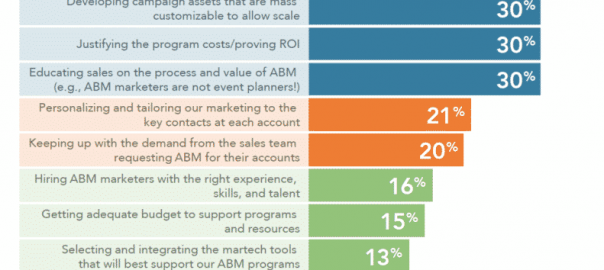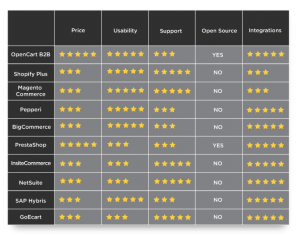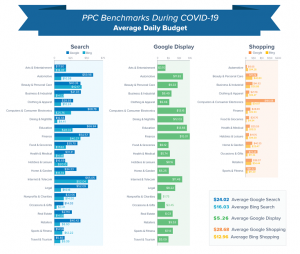The short answer: It delivers results. Download our report for the full scoop.
Although inbound marketing remains critical to B2B lead generation, many marketers are increasing their use of account-based marketing (ABM) to take back some control of the process and speed up the buying cycle.
This shift from a reactive to proactive marketing approach is working well for many B2B companies. Marketers report ABM yields multiple important benefits, the Forrester SiriusDecisions 2019 State of Account-Based Marketing Study found, with 99% of those surveyed citing better engagement, 80% saying the practice improved their win rate, 73% reporting a higher deal size and 91% indicating they’d seen improved ROI.
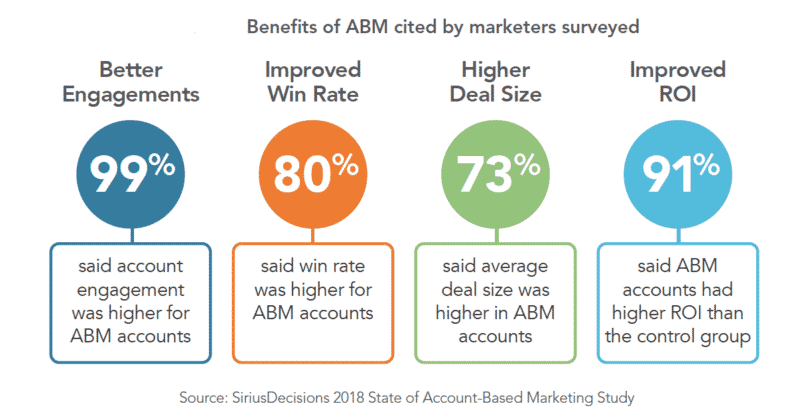
Yet, few companies have fully integrated ABM within their operations. Just 13% of companies are at the highest level of adoption, ITSMA and the ABM Leadership Alliance found, while others are expanding their account coverage (20%), experimenting and refining their approach (38%) or planning an ABM strategy (29%).
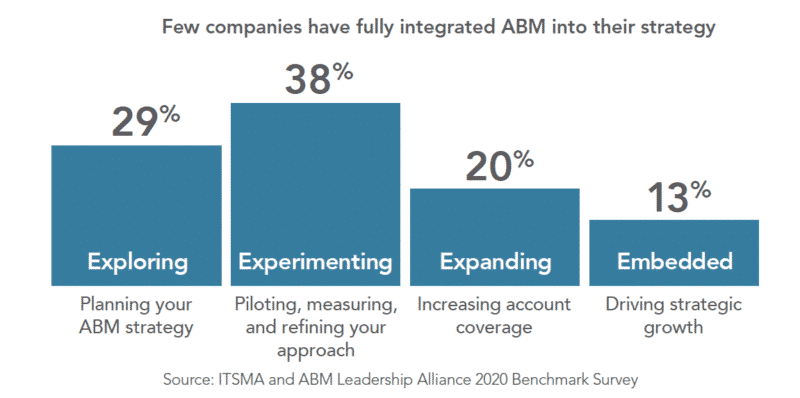
This means there’s still plenty of room for growth for ABM as a strategy, though the organizations’ survey indicated that 27% of respondents’ marketing budgets were already dedicated to ABM.
A wide variety of technologies enable ABM strategies, and ABM tool vendors are benefitting from spending increases. According to the ITSMA and ABM Leadership Alliance report,investing in an ABM platform was one of the highest priorities for 2021, along with “attribution and reporting,” “intent,” “direct mail,” “content syndication,” “third party data” and “events.” In the previous version of this report, ITSMA said 61% of B2B marketers planned to add technology to automate their ABM processes.
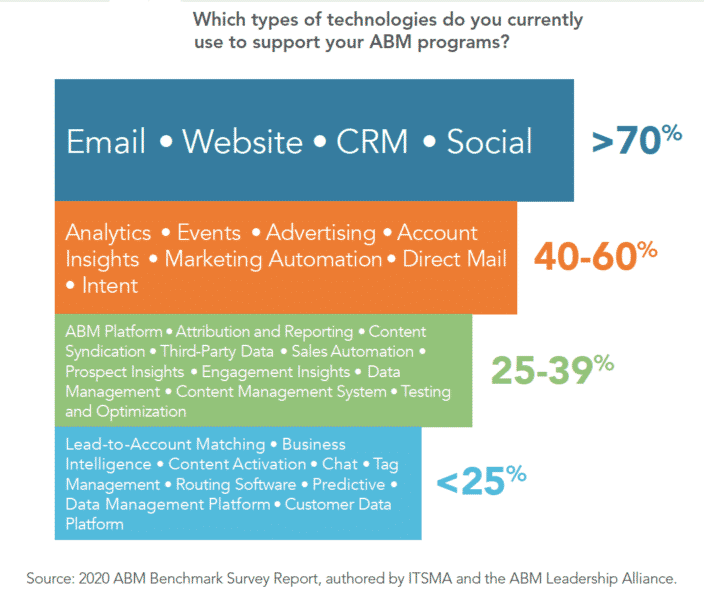
With technology rapidly evolving, the number of channels that can be managed by marketers has increased. Many of the vendors profiled in this report focus on managing interactions – both internally and with customers. Whether it’s streamlining communication between marketing and sales or creating more personalized web engagement with target prospects, ABM technology offers the ability to build out critical relationships.
Still, challenges remain. More than a third of B2B marketers surveyed by ITSMA named “tracking and measuring ABM results” as one of their top challenges.
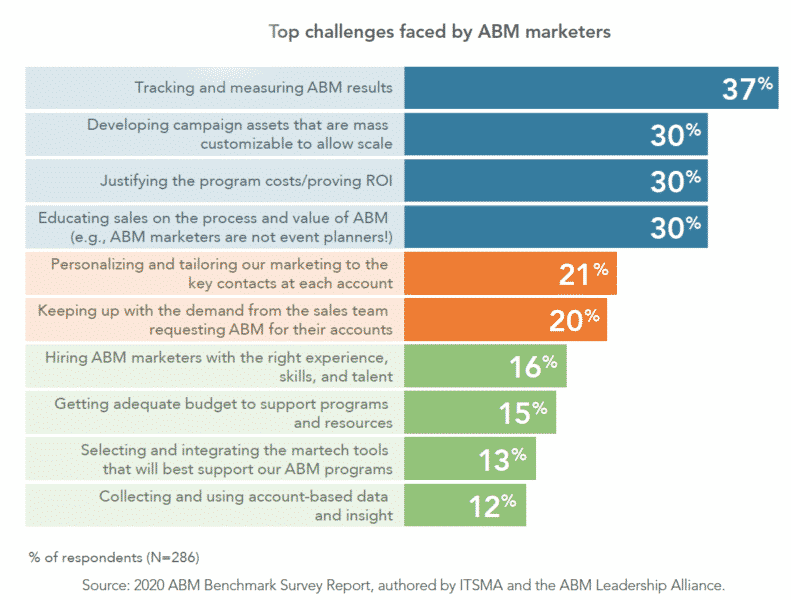
Executing personalization at scale and proving ABM program ROI also pose significant challenges for many B2B marketers. While many of marketers’ challenges can potentially be addressed by technological solutions, it’s notable that “selecting and integrating the martech tools that will best support our ABM programs” was also cited as a challenge.
Learn more about why marketers adopt ABM and how vendors are helping them achieve success. Download our MarTech Intelligence Report on Account-Based Marketing Tools.
The post Why account-based marketing continues to grow appeared first on MarTech.
(66)
Report Post